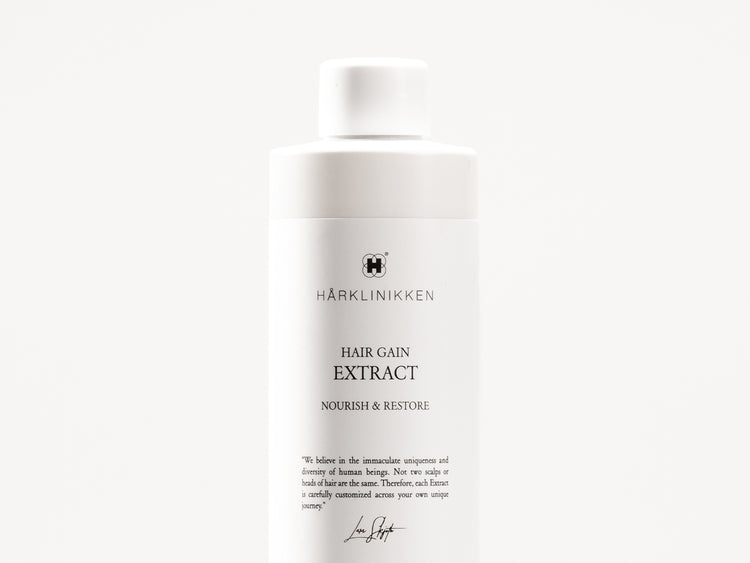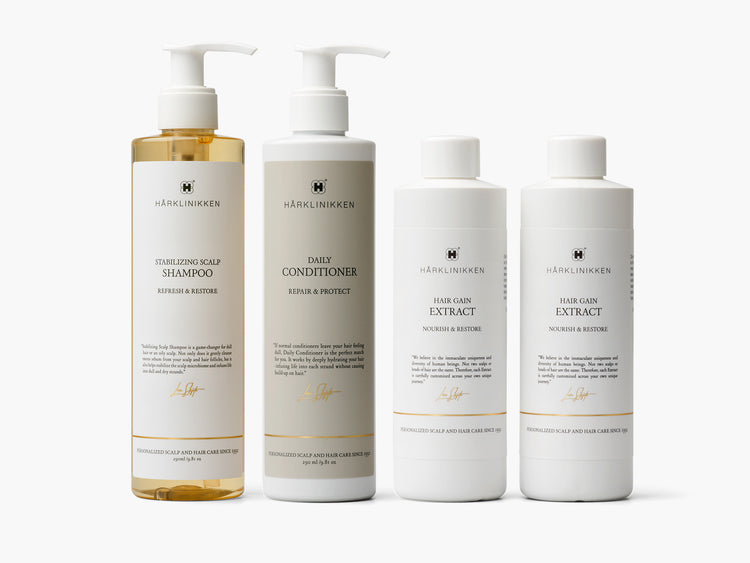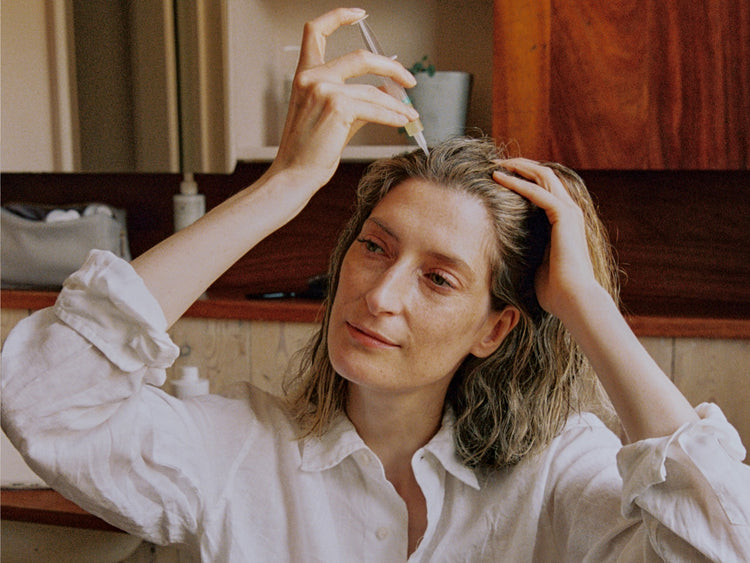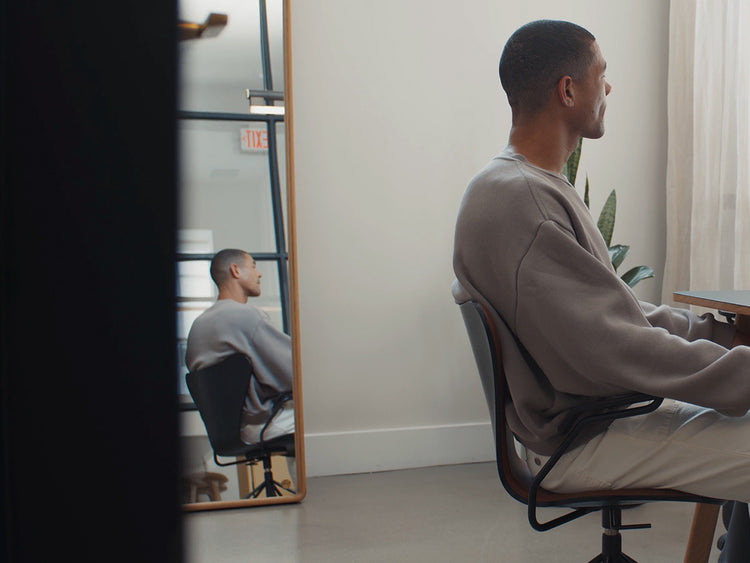Antenatal and postnatal educator and author, Becca Maberly approaches her work with radical honesty.
Frustrated with the lack of information and frankness in discussions about pregnancy, childbirth and parenting, she started A Mother Place – a judgement-free safe space for unfiltered, candid conversations. Also the author of Nobody Tells You: Over 100 Honest Stories About Pregnancy, Birth and Parenthood Becca has years of personal and professional experience. From societal expectations to self-image, identity, confidence, body changes and hair loss, Becca is a firm believer in self-advocacy and uncompromising candour.
Tell us about founding A Mother Place – was there a particular catalyst?
When I was pregnant with my first son 13 years ago, I felt very prepared. My dad is an obstetrician and gyneacologist, and I was totally up to speed with everything that could possibly happen to me during my pregnancy and my birth. I was an A-student with that stuff. I was lucky to have a really great birth, and then I went home with my son and couldn't breastfeed him. Nothing felt like what I had read about or seen. I thought I was going to be like an earth mother floating around in a white night dress, but it was blood and sweat and discomfort and not loving it and feeling really confused. I had read all the books and done all the courses, and I'm a relatively intelligent person who is used to putting in the work. But I felt like I was failing. That was really difficult for me and I was furious that nobody had filled me in. No one had told me what it was really going to be like. There was nobody out there being honest and realistic about parenthood.
I started to talk about things that had traditionally felt taboo. And it felt great to share, and even better to immediately find people who were so happy to realise they were not alone with their feelings. My passion took over and I became almost evangelical. I decided that was going to be my mission to try and prepare people for their birth and what comes after in an honest and realistic way. No sugar-coating and no scare-mongering – just expert, reliable advice.
Have people’s reactions to your message changed?
When I started, I was trolled by people who thought that you shouldn't speak negatively about breastfeeding, or you shouldn't suggest that people could give their babies formula if they could not breastfeed – all that kind of stuff. At the time, I felt like I was the only one out there shouting about it. But I always felt very confident about my message and saying it's okay to find it hard and okay if you don’t love it all of the time.
Sometimes people still comment things like, “You should just be so thankful to have kids. Why are you complaining? Just get on with the job.” That kind of thing. But I’m mostly reaching people every day who are relieved to find a safe space where they can express themselves.
Do you feel like attitudes are shifting when it comes to parents being “allowed” to centre and focus on themselves?
I think so. Years ago, it didn't feel as acceptable to tell your partner or family member, "Take the baby, I'm going for a nap,” or “I'm going away for a weekend,” or whatever. But I think there's been a real push, particularly for the main caregivers, to advocate for themselves in the whole self-care arena. I don't just mean spa days; I mean more serious things like if you’re losing your hair or losing your confidence or losing your identity.
I've always wanted to push the message that no one is going to come and save you; you have to advocate for yourself. It's not going to land in your lap. Whether that’s your hair falling out or you feel like you've lost your identity or you're just really tired. You have to be proactive.
What are some of the most common conversations that you find yourself having with your community when it comes to self-image and parenthood?
The whole stereotype of the “dowdy mum” body changes and people feeling like they’ve lost their spark, which is all part of the loss of identity and self-confidence. That’s something I think is common with people who've been through very big life changes.
Experiencing postnatal hair loss and thinning is very common – is it a common conversation topic with your community?
Whenever I mention hair loss, it gets great traction because I think it happens to everybody to different degrees, postnatally – as far as I can tell. Obviously, it varies from person to person. But it’s right there, happening around your face. It's a big part of your personality and your confidence.
What parts of the hair loss conversation do you feel aren’t discussed enough?
It's terrifying to have a shower and look down and see all your hair in the drain and feel like you’ve just lost a quarter of the hair on your head. Of course, it's not that much, but it feels like that. I don’t think that's spoken about enough. We might expect hair loss, but no one explains how scary it can be. Nobody explains the hair growth cycle, and how your body holds on to hair longer while you’re pregnant and when it falls out postnatally, it might just be your body going back to “normal.”
But when you get up in the morning and you're completely knackered, you've been awake all night, and you look in the mirror, if you're not happy with what you see, that can compound any negative feelings you might be having already.
What was your experience with postnatal hair loss? Well, I wasn't really expecting it. I don't think anyone had told me. I think a lot of women, when you first have a baby, just trying to squeeze a shower into your day can feel like a gargantuan task. You're concentrating on keeping this new little human alive and you wonder if it’s very vain and selfish to start obsessing about your hair when you've got a healthy baby. We often believe it’s just something you have to suck up, the same way we see stretch marks or a C-section scar or wider hips.
Tell us about your initial consultation with Hårklinikken.
Now I’ve had my kids and am in my mid-40s, my hair thinning isn’t a postnatal issue anymore, it's more of a side effect of perimenopause, so when I met with Lars, I was finding out a lot about scalp and hair health that I didn’t know before. It's obvious when you think about it, but I hadn't thought about it until I sat in the chair with Lars – your scalp is the continuation of the skin on your face, right? I care about what I put on my face, but until then, I hadn't really cared about what I put on my scalp and hair.
What are the first noticeable changes in your scalp and hair health?
Since then, I've been using the shampoo and conditioner every day, the Hydrating Hair Crème and, of course, the Extract. The first noticeable result was definitely on my scalp. I had some dryness that was really persistent, and I noticed that straight away that it cleared up really quickly. I also now am washing my hair every day and it feels very natural and normal. That to me, was a revelation.
What kind of advice would you give to a parent who’s experiencing postnatal hair loss?
I would tell them that it's normal, but just because something's normal doesn't mean it's nice and it doesn't mean that you have to just endure it. Athlete’s Foot is also normal, but you don’t want to live with that. I would also say, before you freak out, give your body time to repair after such a huge, life-changing event. Give Mother Nature a chance to do her thing. Then, if you do feel you need extra support, don’t be afraid or feel selfish or vain to go and find it. Your confidence is important when you're a mum. There are so many contributing factors to your confidence and, for many people, your hair is one of them. There's no shame in saying that. When you get up and you feel like you look good – you look like you – that can make you feel more confident. That's not a vanity thing; that's a real thing.
If you’re concerned about excessive hair shedding, thinning or loss, book a consultation with one of our expert Hair Specialists, each of whom is extensively trained and able to personalise a scalp and hair care regimen just for you.

Unsure where to start?
We only accept candidates who we believe we can help, which is why our online Hair Assessment is the best place to start. Based on your results, you will either qualify for immediate treatment or we will organise a consultation.






